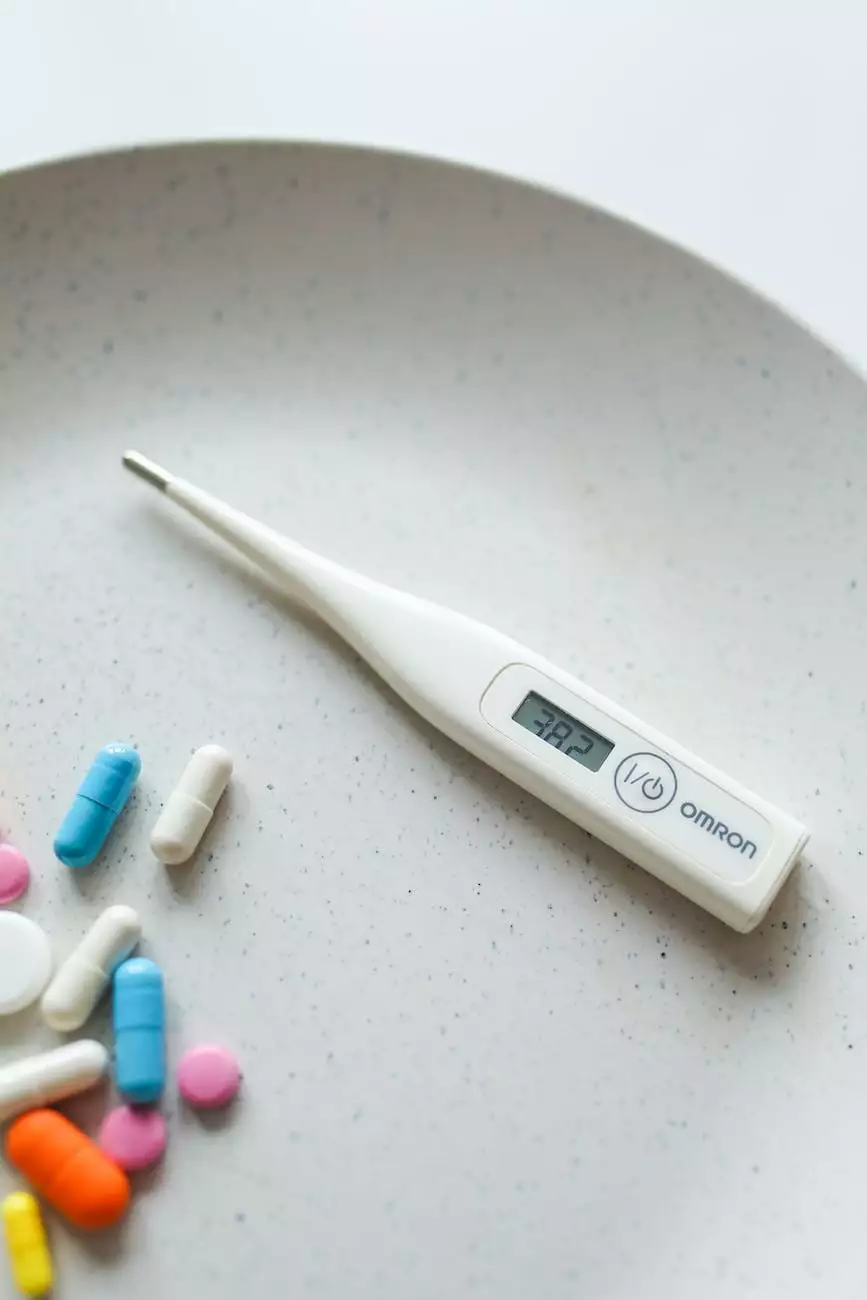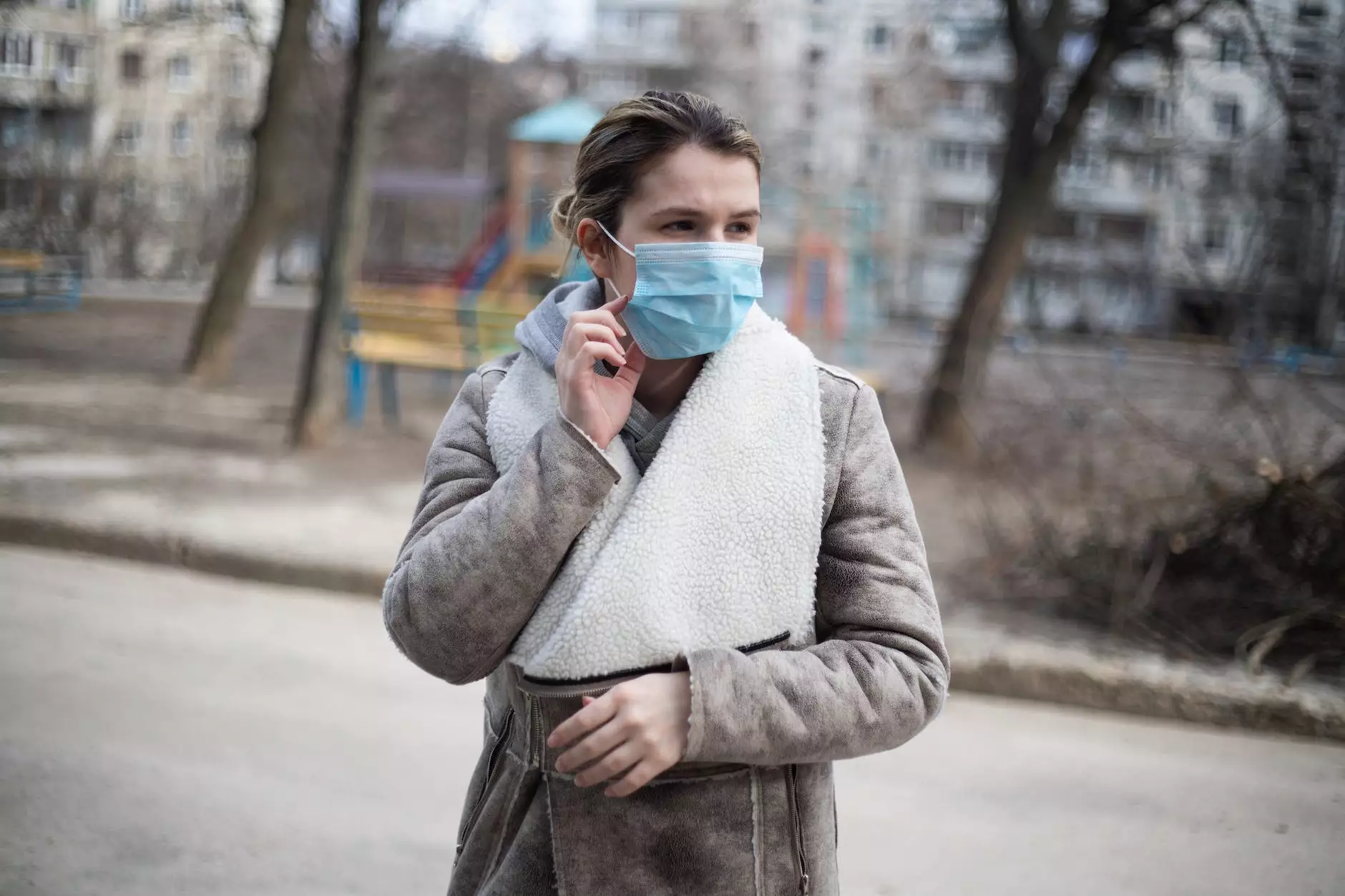Your Child Has a Fever. Now What?
Health
As a concerned parent, it can be alarming when your child develops a fever. Fevers are common in children and are usually a sign that their body is fighting off an infection. While fevers can be uncomfortable and make your child feel ill, they are often not a cause for immediate concern.
Understanding Fevers
Fevers occur when your child's body temperature rises above the normal range, usually around 98.6°F (37°C). They can be caused by various factors, including viral or bacterial infections, teething, immunizations, or even excessive layers of clothing. It's important to remember that a fever is not an illness itself, but rather a symptom of an underlying condition.
When your child experiences a fever, their body is working to fight off the infection. The immune system activates and releases certain chemicals that raise the body's temperature, which can help inhibit the growth of bacteria or viruses.
Signs and Symptoms
While a fever may be the most noticeable symptom, your child may also experience additional signs that can provide insights into the underlying cause:
- Irritability or fussiness
- Poor appetite
- Chills or shivering
- Sweating
- Headache
- Sore throat
- Runny or stuffy nose
- Vomiting or diarrhea
- Earache
It's important to monitor your child's symptoms and seek medical attention if they exhibit severe pain, difficulty breathing, or if the fever persists for more than a few days without improvement.
Managing a Fever at Home
When your child has a fever, there are several steps you can take to help them feel more comfortable:
- Provide plenty of fluids to prevent dehydration.
- Dress your child in lightweight clothing to promote heat dissipation.
- Encourage rest and ensure they get plenty of sleep.
- Use over-the-counter fever reducers, such as acetaminophen or ibuprofen, following the recommended dosage for your child's age and weight. Always consult a healthcare professional before giving any medication to your child.
- Apply cool compresses to help lower your child's body temperature.
When to Seek Medical Attention
While most fevers in children are harmless and can be managed at home, there are certain instances when it's crucial to seek medical attention:
- If your child is under 3 months old and has a rectal temperature of 100.4°F (38°C) or higher.
- If your child is between 3 months and 3 years old and has a rectal temperature of 102°F (38.9°C) or higher.
- If your child is older than 3 years and has a temperature above 103°F (39.4°C) or is experiencing other severe symptoms.
- If your child's fever persists for more than 72 hours.
It's important to remember that every child is unique, and their age, overall health, and symptoms should always be taken into consideration when deciding to seek medical care.
Expert Advice from Kelley Tim PA-C
When it comes to the health and well-being of your child, trust is paramount. Kelley Tim PA-C is a highly skilled and experienced healthcare provider specializing in pediatrics. With a strong background in the field, Kelley Tim PA-C is dedicated to providing comprehensive and compassionate care for children of all ages.
If your child has a fever or any other medical concern, Kelley Tim PA-C is here to help. Schedule an appointment today to receive expert guidance, personalized care, and peace of mind.










